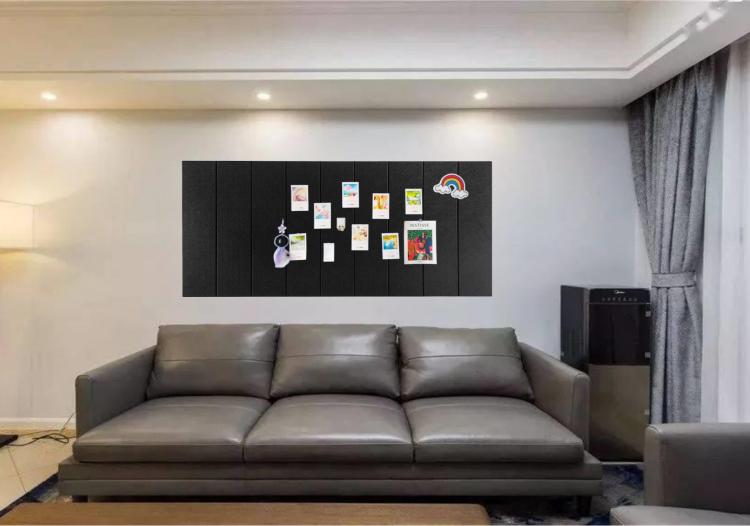The Aesthetic and Acoustic Benefits of Sound Reducing Wall Art
In today’s fast-paced world, noise pollution has become a significant concern for both urban and suburban dwellers. The constant clamor of traffic, construction, and social activities can create an environment that is not only distracting but also stressful. As a solution, many individuals and businesses are turning to sound reducing wall art. This unique fusion of aesthetics and functionality not only enhances the look of a space but also serves a practical purpose in improving sound quality.
Understanding Sound Reducing Wall Art
Sound reducing wall art typically incorporates materials designed to absorb sound waves, helping to mitigate echoes and reduce overall noise levels in a room. These pieces are often made from specially engineered acoustic panels, foam, or even natural materials that can absorb sound. The art can take various forms, from abstract designs to realistic images, allowing for creative expression while still providing sound-dampening benefits.
The Intersection of Art and Acoustics
One of the most appealing aspects of sound reducing wall art is its ability to marry form with function. Unlike traditional acoustic panels that can be bland and utilitarian, these artistic pieces engage viewers and can completely transform a space. By selecting pieces that reflect personal style or corporate branding, spaces can be made more inviting and aesthetically pleasing while also addressing acoustic concerns.
In commercial settings, such as offices or restaurants, incorporating sound reducing wall art can lead to a more pleasant environment for both employees and patrons. A well-designed acoustic space not only enhances communication but also improves productivity and overall satisfaction. Employees working in quieter environments tend to perform better and feel less stressed, making sound-reducing art a key component for modern workplace design.
Choosing the Right Pieces
When selecting sound reducing wall art, it’s essential to consider a few factors
sound reducing wall art

1. Material Look for pieces made from acoustic materials specifically designed to absorb sound. Wool felt, wood, and certain types of foam are excellent choices that combine durability with sound-absorbing properties.
2. Design Choose designs that resonate with your personal or brand identity. The artwork should complement the existing decor while still providing the necessary acoustics. The color, size, and style play critical roles in how the piece fits into its environment.
3. Placement Strategic placement of the art can significantly enhance its sound reducing capabilities. Areas with high noise levels, such as conference rooms or waiting areas, can benefit from larger pieces or clusters of smaller artworks.
The Benefits Extend Beyond Sound
In addition to reducing noise, sound reducing wall art contributes to improved mental health and well-being. A visually stimulating environment can have positive psychological effects, promoting creativity and relaxation. Art has a way of sparking conversation and evoking emotions, making it an excellent tool for human connection in both residential and commercial spaces.
Moreover, as sustainability becomes increasingly important, many manufacturers are producing eco-friendly sound-absorbing materials. This means that homeowners and business owners can choose options that are not only good for their environment but also help in the fight against noise pollution.
Conclusion
Sound reducing wall art represents a pragmatic solution to a pervasive issue in modern society. It provides an innovative way to tackle noise pollution while enhancing the aesthetic appeal of any space. By seamlessly integrating art with function, individuals and businesses can create environments that are both beautiful and conducive to wellness and productivity. With the right choices in material, design, and placement, sound reducing wall art can transform any area into a serene sanctuary, promoting peace and creativity amidst the chaos of daily life.
-
The Versatility Of Acoustic Wall Panels Makes Them Suitable For Various SettingsNewsOct.28,2024
-
More Enjoyable Solutions For Your SpaceNewsOct.28,2024
-
Give You A Comfortable And Quiet EnvironmentNewsOct.28,2024
-
Elevate Your Sound Experience with Acoustic SolutionsNewsOct.28,2024
-
Create Quiet Spaces with Wooden Acoustic PanelsNewsOct.28,2024
-
Achieve Superior Sound Quality And Stylish Design With Felt Wall PanelsNewsOct.28,2024
